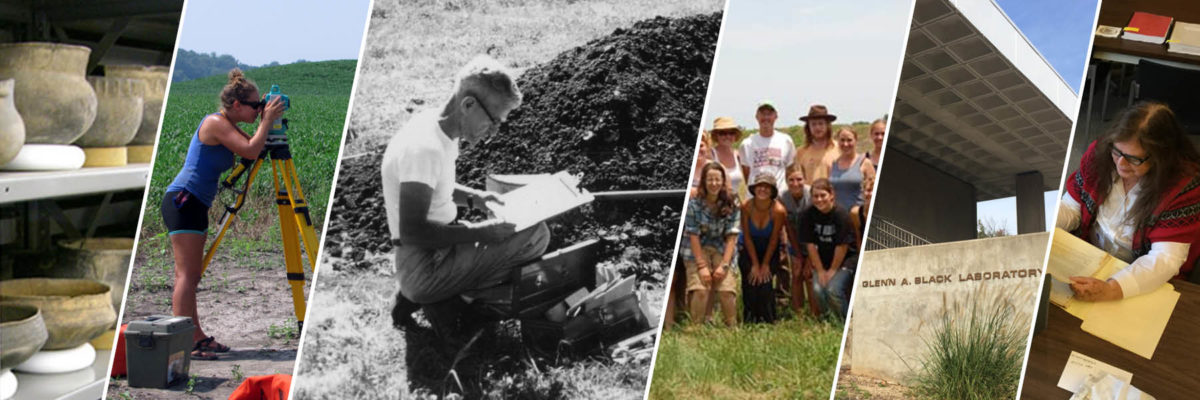October 1, 2016
by Hannah Rea, Social Media Intern
The 2016 Banned Books Week, which lasted from September 25 to October 1, celebrated the freedom to read through education on the issue of book censorship. It began in 1982 after a large number of books in schools, bookstores and libraries were challenged, according to bannedbooksweek.org. Censorship, or the suppression or prohibition of any parts of media that are considered obscene, politically unacceptable or a threat to security, has always been part of world history.
Science and censorship have faced off for centuries. According to the New York Times, “Governments have repeatedly tried to keep scientific information secret,” especially in fields concerning warfare, weaponry and virology. One such field is archaeology.
Possibly the most infamous occasion of government censorship of archaeology came in the 1930s and 40s from the Nazi Party. Led largely by archaeologist Hans Reinerth and many amateur archaeological enthusiasts, the group manipulated facts and finds as a way to strengthen nationalism. This pseudoarcheology, written about extensively by Bettina Arnold, was an attempt to prove Germany had been center of prehistoric Western Europe. “Politicians began to take an interest in prehistoric archaeology,” because it could easily be shaped to meet their needs, Arnold wrote in “The past as propaganda: totalitarian archaeology in Nazi Germany.” Evidence that Roman Empire had flourished in the region was subtly scrubbed out and replaced with Germanic influences. Many of the National Socialists used such evidence to prove Germany had a right to claim Poland and Czechoslovakia as its own land, which presumably influenced Adolf Hitler greatly during his years in power. Hitler himself even implied that the Greeks were in reality Germans who had been forced to flee south after a natural disaster in the north; this “piece of wishful thinking,” as Arnold described it, was backed by several reputable archaeologists, and even inspired a German expedition to Greece to claim they had found further evidence of the “Indogermanic migration.”
This direct censorship came directly from the government, who were able to pick and choose which expeditions to fund and which evidence to support. This therefore was instrumental in shaping the average German’s view of European prehistory, as no one but scholars with outside contacts had access to other sources of information. Prehistory was rarely appreciated before the National Socialists’ rise to power, and afterwards was merely exploited in journals, museums, films and reconstructed sites which were meant as propaganda; writes Arnold, “There was no real respect for or its remains; while Party prehistorians like [Hans] Reinerth distorted the facts, the SS destroyed archaeological sites.”
While anthropology and its daughter fields still face adversity from certain governments around the world, it is certainly in a much better place than it was a century ago.

